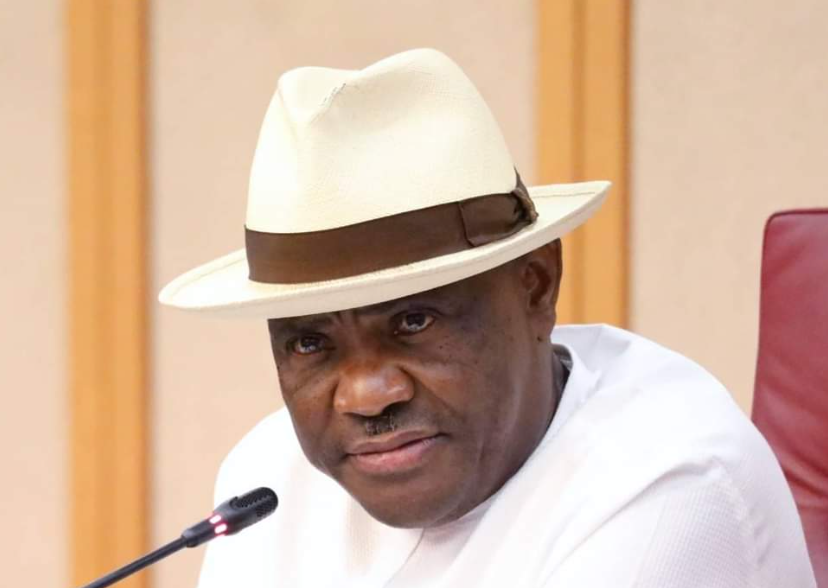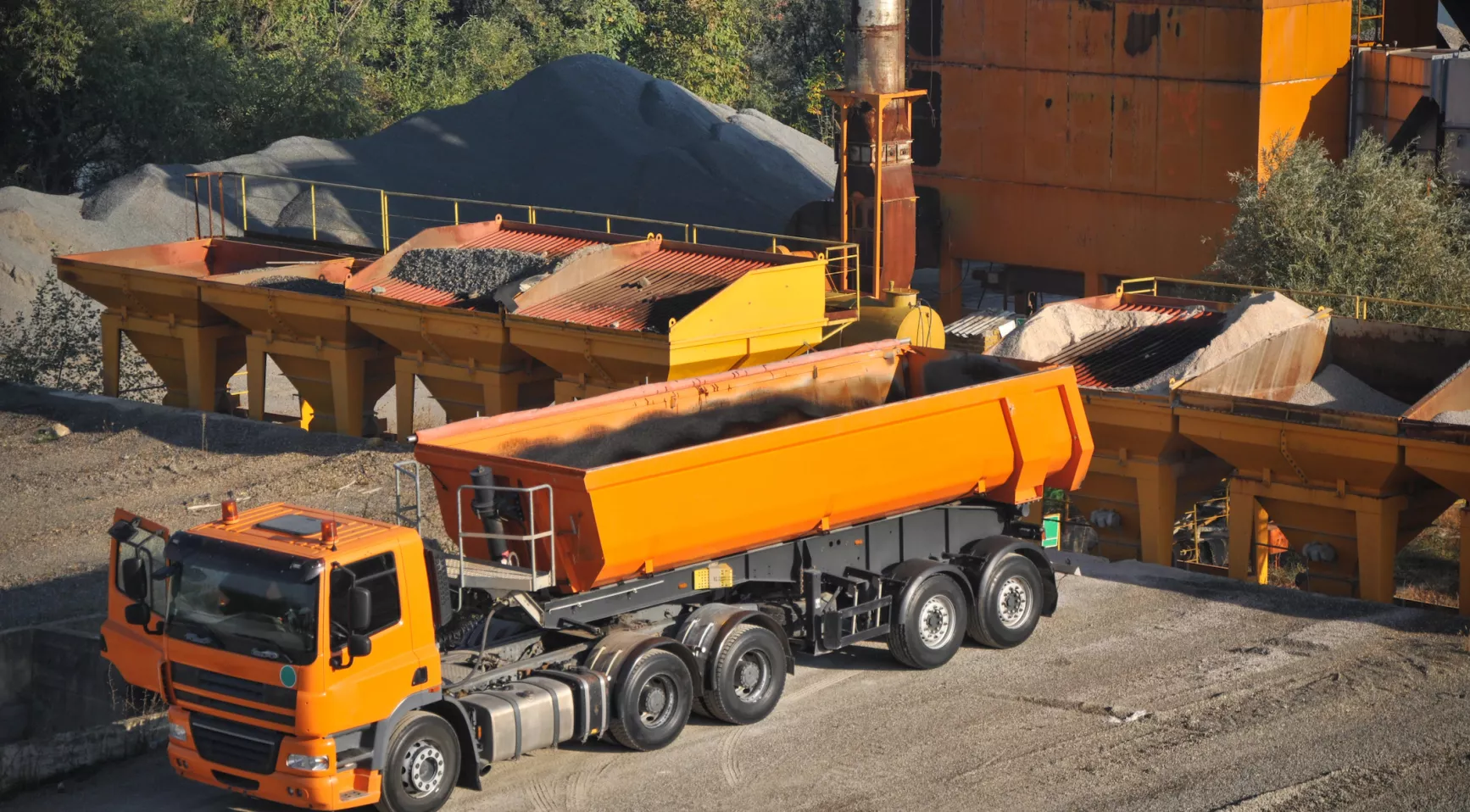Copyright scmp

Meta, the tech firm behind Facebook, Instagram and WhatsApp, has said it will refuse to sign onto Malaysia’s social media licensing framework despite criticisms that its platforms carry content damaging to children and young people and wants to hold talks with the government on the matter. Malaysia imposed the framework for all social media and online messaging platforms in January that have at least 8 million local users each to curtail surging scam cases, online gambling and the spread of child sexual abuse material. The country is also mulling a ban on smartphone use for children aged 16 and below, a proposal rejected as state overreach by tech giants, which make billions of dollars from advertising and data collection. Under Malaysia’s rules, the three platforms in Meta’s stable have to secure licensing approval, given their estimated combined base of 50 million local accounts and that they each have more than 8 million users. Failure to do so could result in Meta facing fines of 500,000 ringgit (US$118,500) and jail of up to five years for its officers. Meta has pushed back, saying it had been driving improvements to its own internal youth safety regulations and anti-scam protocols even before Malaysia’s licensing regime was made law. “All of that is ongoing and regardless of the social media licensing regime,” Rafael Frankel, Meta’s director of public policy, told This Week in Asia in an interview. “We don’t need any license to continue that work.” Only micro-video platform TikTok and instant messaging services WeChat and Telegram have secured licenses since the rules came into force this year. Malaysia’s Communications Minister Fahmi Fadzil has been particularly critical of Meta for failing to secure a social media license despite an earlier pledge to do so. Last month, Fahmi said Malaysians lost more than 248 million ringgit (US$59 million) between 2023 and August this year through e-commerce scams across Meta’s three platforms. The minister added that the government sent over 168,000 requests so far this year to take down illegal content on Facebook alone, which accounted for 59 per cent of its total requests across all social media platforms. “These figures show Meta has not fully cooperated in combating cybercrime, leaving room for offences to continue,” Fahmi said. Malaysia, however, has not taken punitive measures against Meta or other platforms that it deemed to have failed to clamp down on scams and harmful content. Ahead of implementation of the social media license regime, Fahmi said last November that there were no plans to ban platforms that did not follow the rules. Frankel argued Meta’s data showed that its platforms had been “very responsive” in taking down scam content, and that they had been publishing their performance in a transparency report released publicly every six months. Meta has been accused of refusing to crack down on alleged fraud cases to avoid losing advertising revenue, with thousands of scam complaints tied to impersonation of banks and major retailers in the US, according to a report by the Wall Street Journal in May. Frankel said Meta agreed with Malaysia and other governments in the region that social media regulations were necessary to protect children and people from online harm. But he warned that increasingly prescriptive actions, like Malaysia’s social media licensing regime, would only shackle social media firms to specific regulations that could lag behind sophisticated and well-funded criminal enterprises. “There are all sorts of ways that criminals can pass ID checks if they are really well motivated, sophisticated and well financed. And they are,” Frankel said. Frankel said Meta was also concerned by the tendency of governments in the Asia-Pacific to ban social media access, particularly for children. Australia will enforce one of the strictest social media laws in the world from December 10, banning children aged 16 and younger from having social media accounts. Prime Minister Anwar Ibrahim told parliament earlier this month that Malaysia was considering going a step further by barring teenagers from using smartphones. Indonesia said earlier this year that it needed stronger laws to protect minors from “physical, mental or moral perils”. But that would only address one part of the entire online ecosystem occupied by teenagers and push them to platforms with far less oversight, Frankel said. “When we talk about online youth regulation, you’ve got to talk about the whole online environment. If you just focus on social media and you do social media bans… you’re going to drive them to less safe spaces. That’s the practical result.” Frankel said the conversation on social media safety should move from outright bans to more collaborative efforts involving governments, civil society and social media firms. He added that he was optimistic all stakeholders could “get to the right place” in Southeast Asia, following constructive discussions with Indonesia and Singapore. “These are hard conversations, but they need to be had. The Malaysian government wants to have a conversation, let’s have a conversation.”



